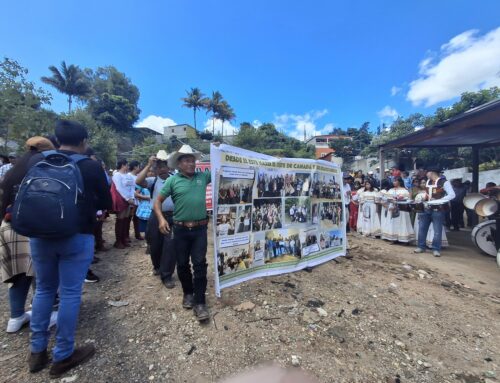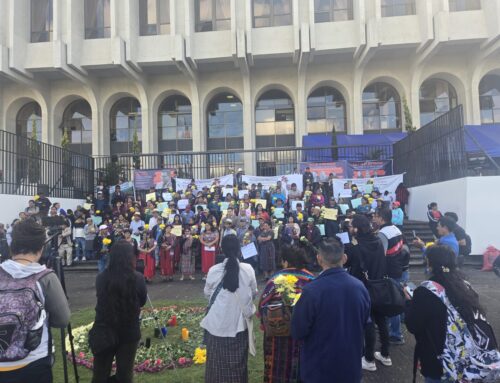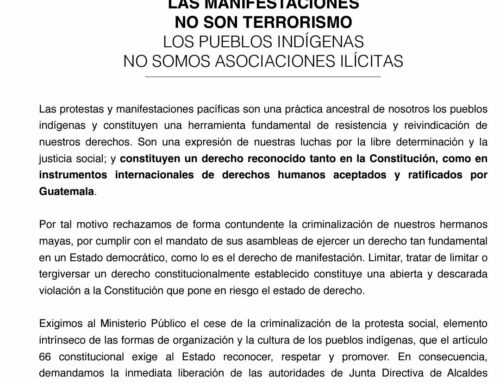Current NISGUA accompanier Olivia Pandolfi (they/them or she/her) created this zine about community consultations as a Friends and Family Letter to their community.
To read the zine as a PDF, click here. To download the zine, cut it up, and fold it into your own mini zine, click here!
Olivia’s Reflections
Much of my political education took place in school — I studied the effects of US imperialism in Central America in a study away program in Guatemala, Costa Rica, and Nicaragua in spring of 2017, and later wrote my history capstone project about the Sandinista Revolution in Nicaragua. In the course of these studies, I was surprised and indignant at the absolute silence in my earlier education around US interventionism in Central America in the 1980s and its legacies of violence both in the region and at the southern US border. This is a history that, despite being so recent and so foundational to our current reality, is often avoided in textbooks, classrooms, and public discourse. That communal amnesia not only absolves the US government of complicity in past violence, but enables continued harm in the form of increasingly militant migration policy and support for extractive mega-projects in Central America.
That academic grounding both brought me to NISGUA and pushed me toward curiosity about more accessible ways to share information. The scarcity of popular historical awareness around the US’s history in Central America calls for actions of popular education, and I was excited about the potential of informal publications to serve this purpose in grassroots movements. In alignment with NISGUA’s commitment to inviting people from all backgrounds into solidarity work, I hoped to create a resource that could be easily understood, reproduced, and shared. So for one of my Friends and Family Letters, I made a zine (an informal publication designed for wide distribution).
Working as an acompanier with NISGUA, I have had the opportunity to witness and learn from the strength of community organizing in defense of life and territory in Guatemala. These experiences have changed me politically and personally in lifelong ways. With those lessons in mind, in this zine I chose to lift up the strategy of community consultations: processes of informed collective decision-making that indigenous and campesinx communities use when confronting extractive megaprojects like hydroelectric dams and mines. I share this resource with the hope that you can learn from land defenders’ successes and join in solidarity with their struggles by educating your own communities.






Leave A Comment